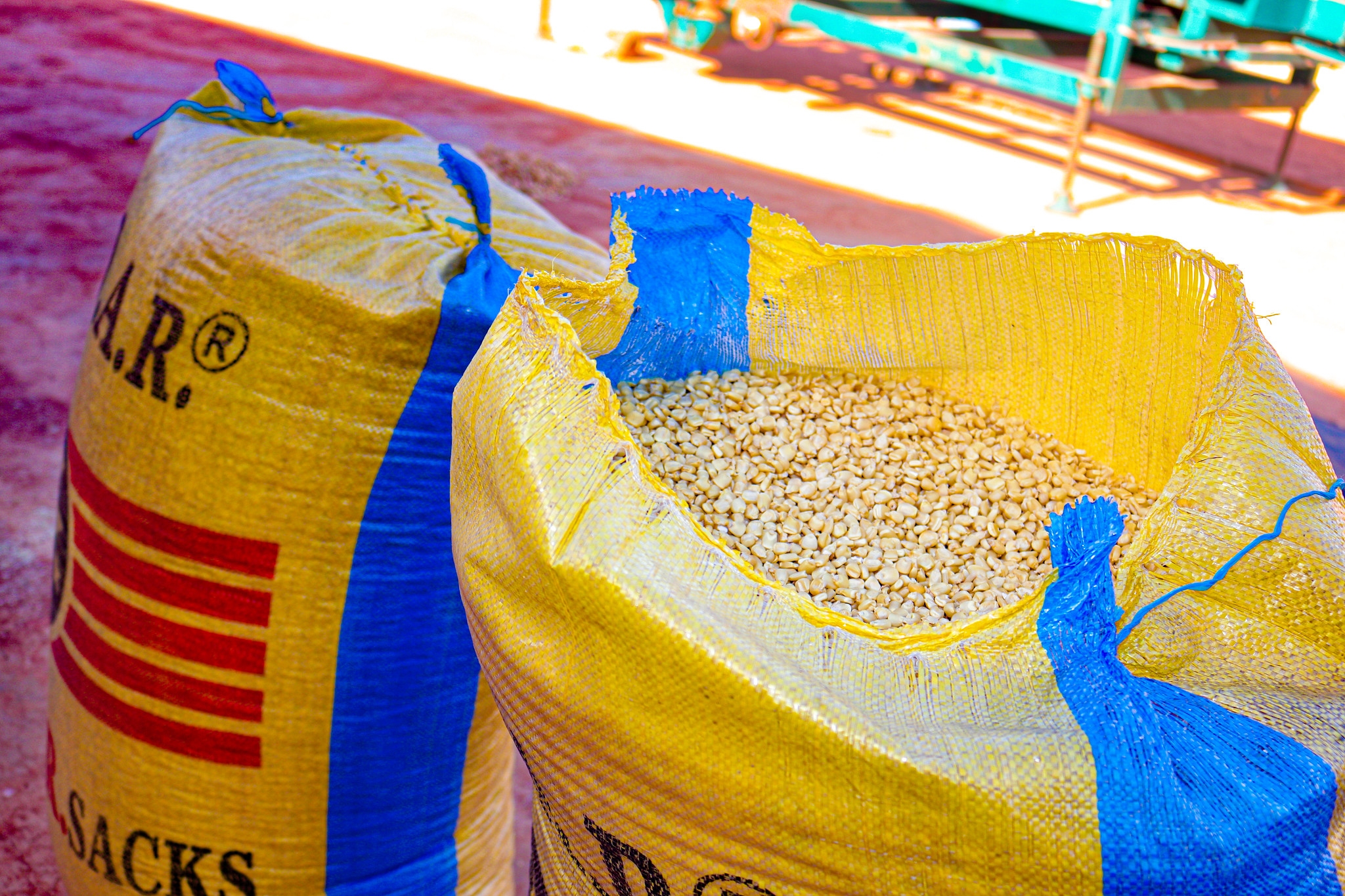
The project's main objective is to enhance stakeholders' capacities within Ghana's groundnut and maize value chains. By integrating phytosanitary measures with broader value chain interventions, the project aims to reduce export rejections and ensure safe food production for domestic, regional and international markets.
Aflatoxin contamination is prevalent in Ghana, primarily affecting staple crops like maize, groundnuts, sorghum, millet, and various animal products, including meat, fish, eggs, and processed foods. Maize and groundnuts and their processed derivatives play a crucial role in domestic and international trade. However, the persistent issue of aflatoxin contamination has led to a decline in Ghana's exports, particularly to the EU, impacting its overall trade performance.
This project builds on the work done under STDF/PPG/786 "Using evidence for aflatoxin control in Ghana", which identified strengthening capacities of value chain actors to enable them to produce safer products for increased market access as an intervention with high return.
Specifically, the project has five expected results:
- Increased knowledge and skills among value chain actors to comply with aflatoxin specifications in maize and groundnut products.
- Improved access to resources for value chain actors facilitating compliance with aflatoxin control practices.
- Enhanced access and utilization of aflatoxin testing facilities in the designated project districts.
- Implementation of advanced traceability practices and improved access to information and markets through a digitized platform by value chain actors.
- Strengthened gender equality and social inclusion in pre- and post-harvest aflatoxin management.
By addressing these key areas, the project aims to mitigate the impact of aflatoxin contamination, fostering a safer and more sustainable agricultural trade environment and improving the livelihoods of all actors in the Ghanian groundnut and maize value chains.